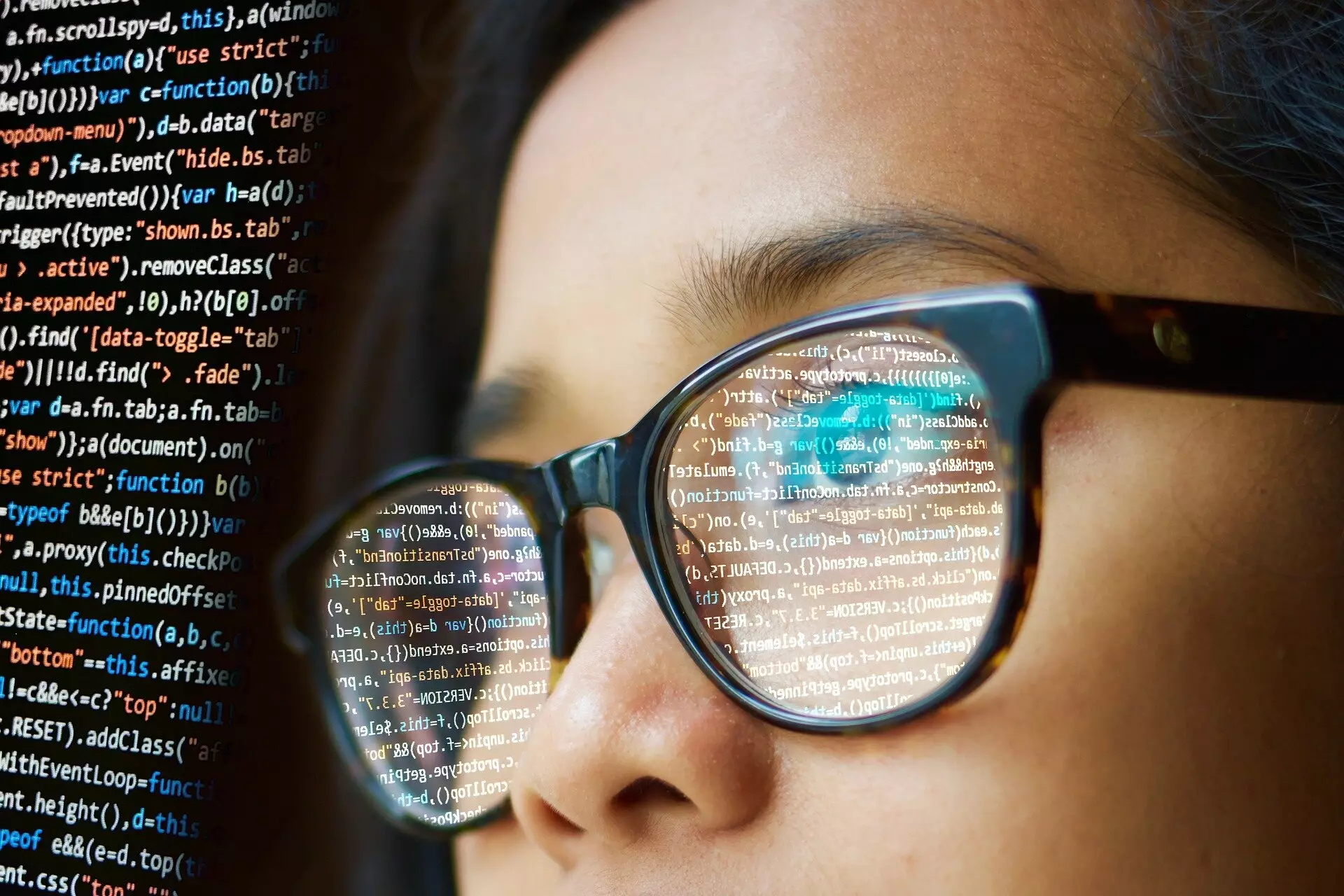Artificial intelligence (AI) has become an integral part of our society, with applications ranging from facial recognition to game-playing algorithms. A recent study conducted by researchers at Washington University in St. Louis has shed light on the unexpected impact of human behavior on AI training. The study revealed that participants in an experiment adjusted their behavior when they believed they were training an AI system to play a bargaining game. This phenomenon has important implications for developers working on AI technologies.
The study, published in the Proceedings of the National Academy of Sciences, involved five experiments with approximately 200-300 participants each. The participants were tasked with playing the “Ultimatum Game,” where they had to negotiate small cash payouts with either human players or a computer. In some cases, they were informed that their decisions would be used to train an AI bot to play the game.
One of the most surprising findings of the study was that participants who believed they were training AI were more likely to seek a fair share of the payout, even if it meant receiving less money. This behavior change persisted even after they were informed that their decisions were no longer being used to train AI. The researchers noted that this experience of shaping technology had a lasting impact on the participants’ decision-making.
Implications for AI Developers
The lead author of the study, Lauren Treiman, emphasized the importance for developers to understand how human behavior can influence AI training. She pointed out that people will intentionally adjust their behavior when they know it will be used to train AI systems. This highlights the need for developers to take into account human biases during AI training to prevent biased outcomes in the resulting AI technologies.
The Human Element in AI Training
Chien-Ju Ho, an assistant professor of computer science and engineering, highlighted the crucial role of human decisions in AI training. She emphasized that human biases during AI training can lead to biased AI systems. For instance, facial recognition software may be less accurate at identifying people of color due to biased and unrepresentative training data. Understanding the psychological aspects of computer science is essential for developing fair and unbiased AI technologies.
The study by Washington University in St. Louis provides valuable insights into the impact of human behavior on AI training. The findings underscore the importance of considering human biases in AI development to ensure fair and ethical outcomes. Developers should be aware of how people’s behavior can influence AI training and make conscious efforts to mitigate bias in AI systems. By addressing the psychological aspects of computer science, we can create more equitable and inclusive AI technologies for the future.


Leave a Reply